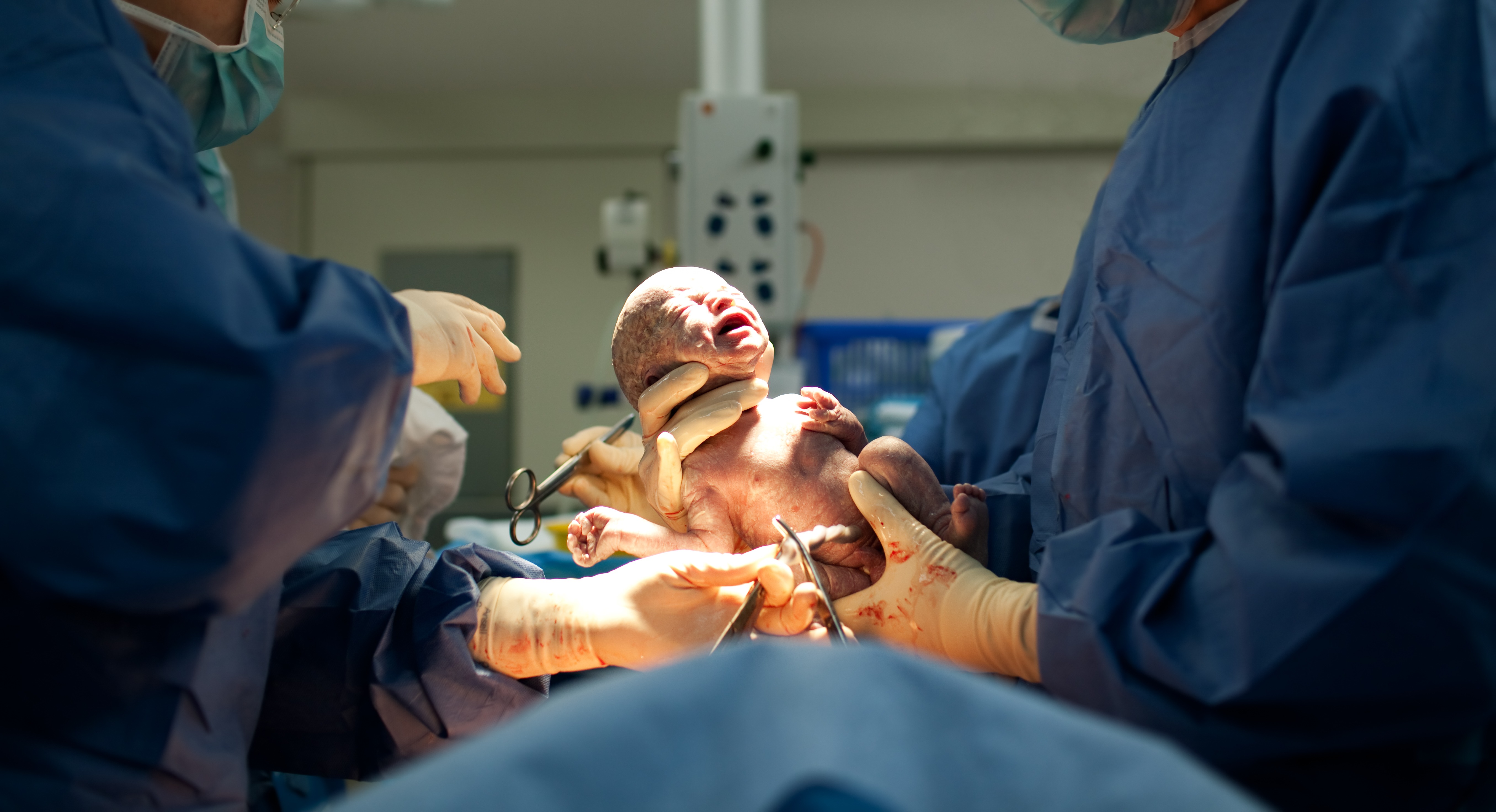
Toniquea Rivers was just seven months into her pregnancy when she was rushed to the Saint Francis Medical Center in Trenton, NJ. Rivers’ doctors found that her baby was in distress and scheduled an emergency caesarean section for that day. Her baby boy, Zion Rivers, was successfully delivered on January 27, 2012 by C-section. Soon after Rivers and her child were discharged and they returned to their home in Trenton. But just a week later, she collapsed to the floor.
Capital Health System Inc. paramedics were called to bring Rivers to the emergency room at Saint Francis. And according to a medical malpractice lawsuit, filed on January 29, 2014 on behalf of Rivers’ family, the paramedics improperly inserted a breathing tube. The negligence allegedly led to the death of Rivers later that day. She was just 20-years-old.
After more than three years of litigation and a two-week trial, a New Jersey jury determined that Capital Health System Inc. did not act in good faith–a unique requirement for this type of case under New Jersey law–and is therefore liable for Rivers’ death. It took the jury about nine hours to find in the plaintiff’s favor, awarding Rivers’ family $6 million in damages. Two thirds of the verdict will be distributed to Rivers’ estate and one third will be set aside for her child, who is now three-years-old.
“We believe that the verdict accurately reflects the value of the economic damages and the non-economic damages in the case,” said one of the attorneys representing the plaintiff. “I think the verdict reflects, No. 1, that they were very displeased with the medical care that she got by these paramedics. They found it unacceptable, and it rose to a higher level than just mere negligence.”
It is not yet clear whether Capital Health System, Inc. will appeal the ruling.
Frequently Asked Questions

There are typically four elements to determine if someone is the victim of medical negligence. You must prove all four to win a medical malpractice case. If you experience a bad outcome from a medical procedure or a health care provider makes a mistake, it is not automatically medical negligence. What Are the Four Elements of
Read More
Minor medical errors are mistakes healthcare providers make that do not result in significant harm to their patients or anyone else. When a healthcare provider commits an act of clear negligence that causes harm, however, they may be liable for medical malpractice. If you suffered harm because of an error made by a doctor or
Read More